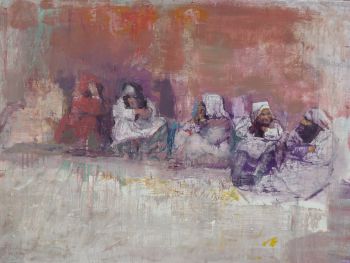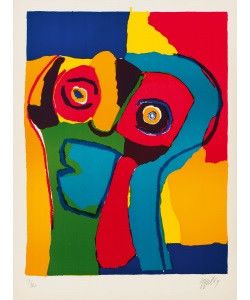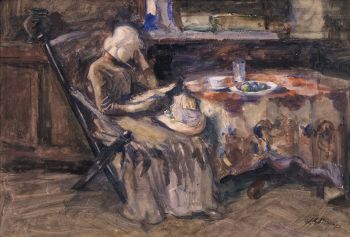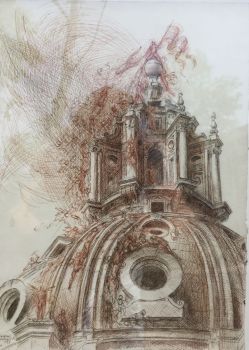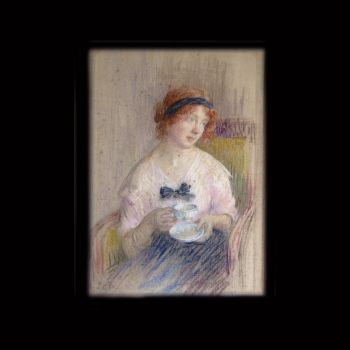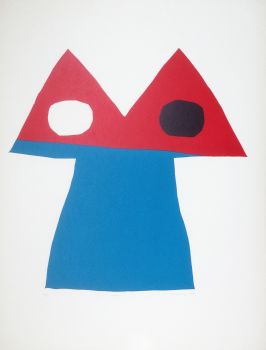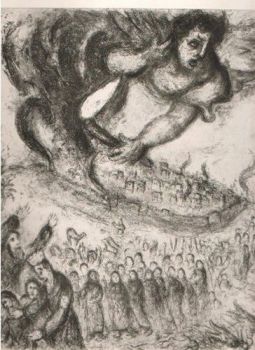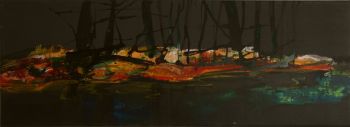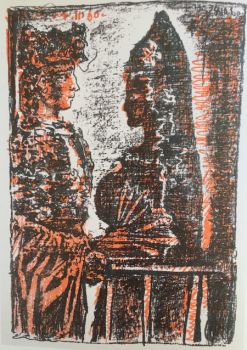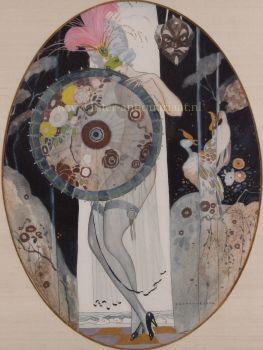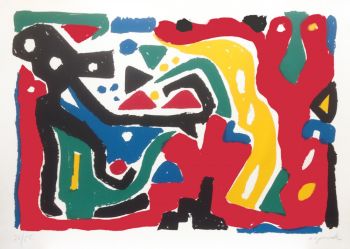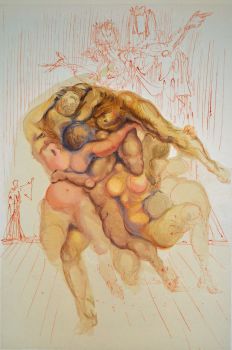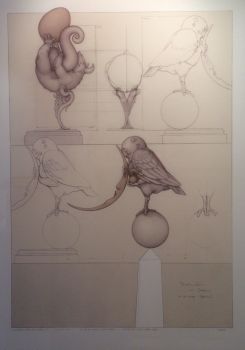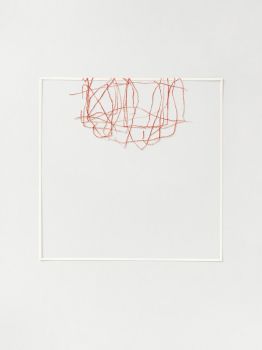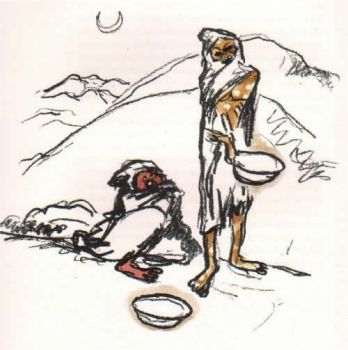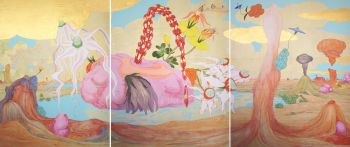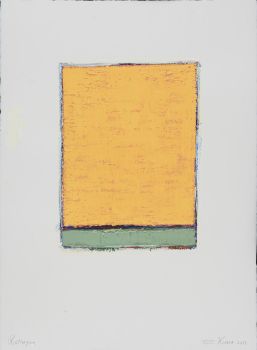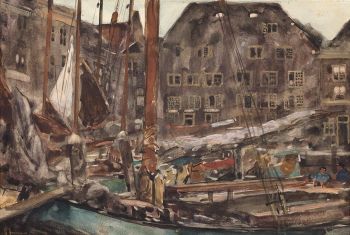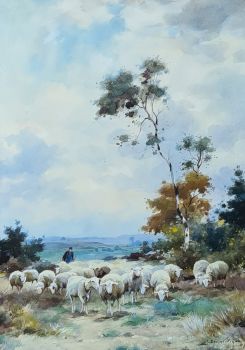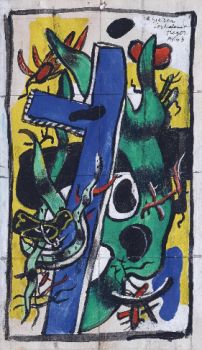The first English Quran to be translated directly from the Arabic, still highly regarded 1734
George Sale
TintePapierLeder
ConditionExcellent
Derzeit nicht über Gallerease verfügbar
- Über KunstwerkThe Koran, commonly called the Alcoran of Mohammed, ...
London, Charles Ackers for John Wilcox, 1734. Large 4to (25.5 x 20.5 cm). With 5 engraved plates: a large folding map of the Arabian peninsula (with an inset view of the "Temple at Mecca"), a folding plan and view of the "Temple at Mecca", and 3 family trees (2 folding). Contemporary calf, gold-tooled board edges. Rebacked.
First edition of the first English Quran to be translated directly from the Arabic: a landmark not only in efforts to bring an accurate version of the Quran to the English-speaking world, but also in Western Quranic studies in general. It also includes Sale's 7-page note to the reader, with criticisms of earlier translations into English and other languages, his 187-page preliminary discourse bringing together a wealth of information about Islamic culture, and valuable scholarly footnotes, including material from the Islamic commentaries of al-Baydawi and al-Suyuti. Holt notes his "enlightened and objective attitude" in sharp contrast with most Western Arabists of his day or earlier: "His freedom from religious prejudice …, his obvious conviction that Arabic writers were the best source of Arab history, and Muslim commentators the fittest to expound the Quran, marks an enormous advance …". Sale's English translation remains highly regarded today.
In fine condition and only slightly trimmed. The binding is rebacked and has several restorations, but is otherwise good and remains structurally sound. A landmark edition of the Qur'an and the first good English translation.
Fück, Die Arabischen studien, p. 104; P.M. Holt, Studies in the history of the Near East (1973), pp. 57-60; Schnurrer, p. 429. - Über KünstlerGeorge Sale was born in Canterbury in 1697 and died in the City of Westminster in 1736. He studied at the King's School in Canterbury and in 1720 he became a student of the Inner Temple. It is known that he trained as a lawyer in his early years but took time to study the eastern and other languages, both ancient and modern.
In 1734, Sale published the translation of the Qur’an, providing numerous notes and in depth knowledge of Eastern habits, manners, traditions, and laws. Sale’s translation of the Qu'ran has been reprinted into modern times. Sale was also a corrector of the Arabic New Testament (1726) issued by the Society for Promoting Chris- tian Knowledge. He acquired a library with valuable rare manuscripts of Persian, Turkish, and Arabic origins (which is now held in the Bodleian Library, Oxford). Sale was an early member of the Society for Promoting Christian Knowledge. He died at Surrey Street, The Strand, on November 13, 1736. Sale was buried at St. Clement Danes.
Artwork details
Related artworks
Engelbert Kaempfer
ENGELBERT KAEMPFER BOOK1651 - 1716
Preis auf AnfrageZebregs & Röell - Fine Art - Antiques
Antonie Derkinderen
Memory book Exhibition of Dutch Painting1892
Preis auf AnfrageKunsthandel Pygmalion
Engelbert Kaempfer
ENGELBERT KAEMPFER BOOK1651 - 1716
Preis auf AnfrageZebregs & Röell - Fine Art - Antiques
Yoko Ono
YOKO ONO: "ARISING" SIGNED BOOK PLUS SMALL ARTWORK 2010 - 2014
Preis auf AnfrageGallerease Selected
Hermann Nitsch
"UNDER MY SKIN" Signed book incl. small artwork and DVD in a matching box2010 - 2014
Preis auf AnfrageGallerease Selected
Antonie Derkinderen
Memory book Exhibition of Dutch Painting1892
Preis auf AnfrageKunsthandel Pygmalion
LAWRENCE WEINER
"SKIMMING THE WATER [MENAGE A QUATRE]" Signed book plus small artwork2010 - 2014
Preis auf AnfrageGallerease Selected
1 - 4 / 20- 1 - 3 / 3
Antonie Derkinderen
Memory book Exhibition of Dutch Painting1892
Preis auf AnfrageKunsthandel Pygmalion
Adrianus Johannes Groenewegen
Schaapsherder met kudde1874 - 1963
Preis auf AnfrageGalerie Het Noorderlicht
1 - 4 / 24

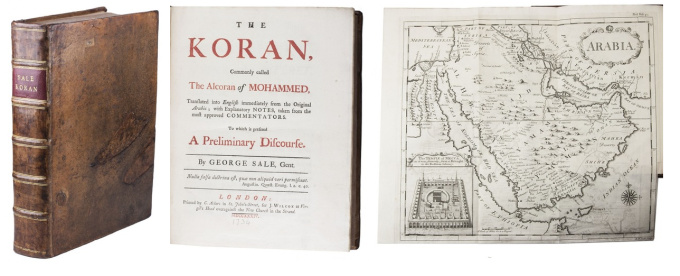




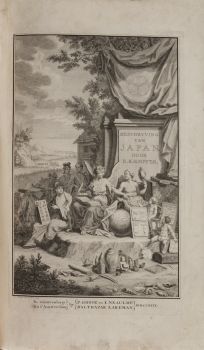
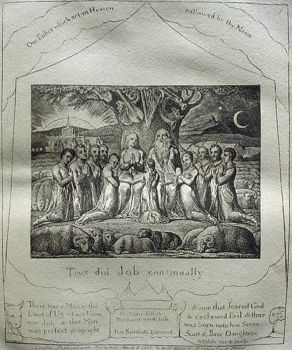
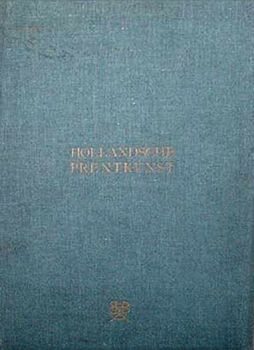
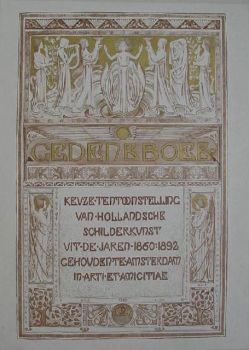
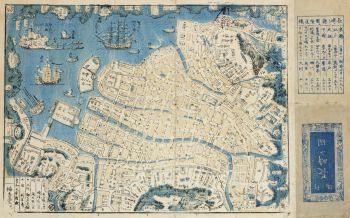
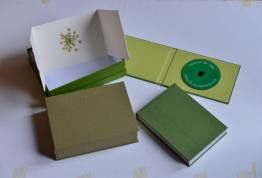
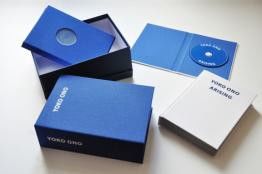
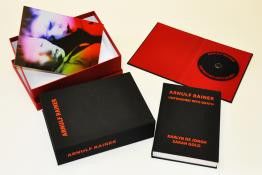
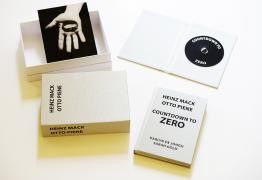

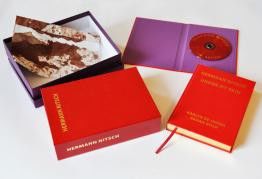
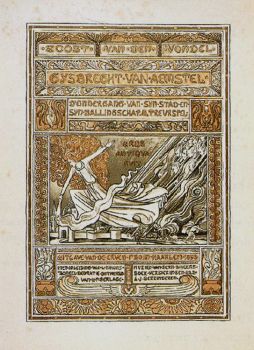
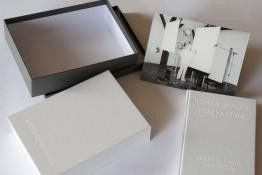
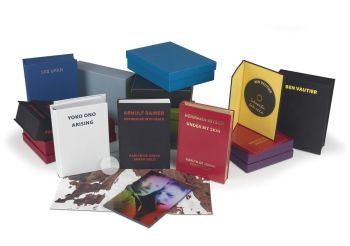
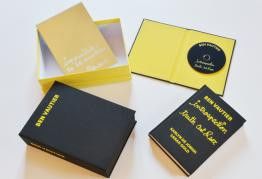
!["SKIMMING THE WATER [MENAGE A QUATRE]" Signed book plus small artwork by LAWRENCE WEINER](https://media-2.gallerease.com/images/442bfd5f-fc31-4e18-a2fa-ee0c08eade64/350x350/skimming-the-water-menage-a-quatre-signed-book-plus-small-artwork.jpg)
